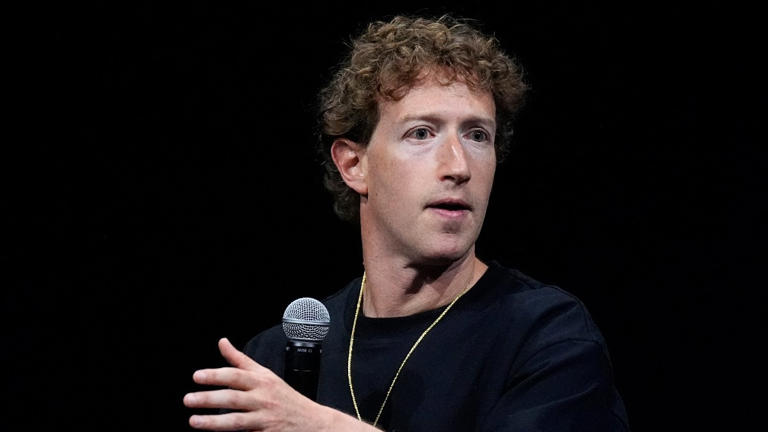
Today, Washington begins a blockbuster antitrust trial against Meta, Facebook’s parent company, as the US Federal Trade Commission (FTC) is trying to force the tech giant to divest Instagram and WhatsApp. This trial, lasting up to 37 days, is one of the most decisive actions US authorities took against Big Tech’s power.
The FTC contends that Meta’s 2012 purchase of Instagram for $1 billion and its 2014 acquisition of WhatsApp for $22 billion were strategic moves to squash budding rivals and unlawfully preserve its grip on personal social networking. The lawsuit claims Meta acquired competitors to gain breathing room while refining its offerings. It cites internal emails where CEO Mark Zuckerberg wrote, “buying beats competing,” as proof of anti-competitive intent.
Presided over by Judge James Boasberg, the trial will first assess whether Meta holds a monopoly in the US personal social networking market—a sector the FTC defines as distinct from platforms like YouTube or TikTok, which prioritize creator videos over connections among friends and family. The FTC asserts that from 2012 to 2020, Facebook captured over 80% of user engagement in this specific arena.
Meta counters that the FTC’s market definition is overly narrow, arguing that TikTok, YouTube, and others are robust competitors. Its legal team insists the FTC hasn’t shown harm to consumers or advertisers, stating in a filing, “The FTC must demonstrate that acquisitions denied consumers better choices sooner.” Meta credits its investments for scaling Instagram and WhatsApp to their current heights.
If Meta loses, a further remedy hearing could occur as early as next year, compelling the divestment of Instagram and WhatsApp- a watershed act sure to send shockwaves across the tech universe. The court-appointed trustee may oversee the process, allowing the spin-off companies to share in technology and data while temporarily halting any competitive product development by Meta.
With appeals likely delaying a final ruling for years, losing Instagram—which drives an estimated 50% or more of Meta’s US ad revenue—poses a significant risk. The verdict could also shift how startups and investors approach mergers, a longtime growth engine in tech.
Filed late in former President Donald Trump‘s first term, despite resistance from two Republican FTC commissioners, the case unfolds under Trump’s second term with Andrew Ferguson leading the FTC. This shift has sparked talk of a possible settlement, though none has materialized. Rohit Chopra, a Democrat who supported the initial suit, insists the trial proceed, stating, “The complaint addresses clear violations, and we believed the law was broken. I hope it doesn’t end in a weak deal that sidesteps the issues we raised.”